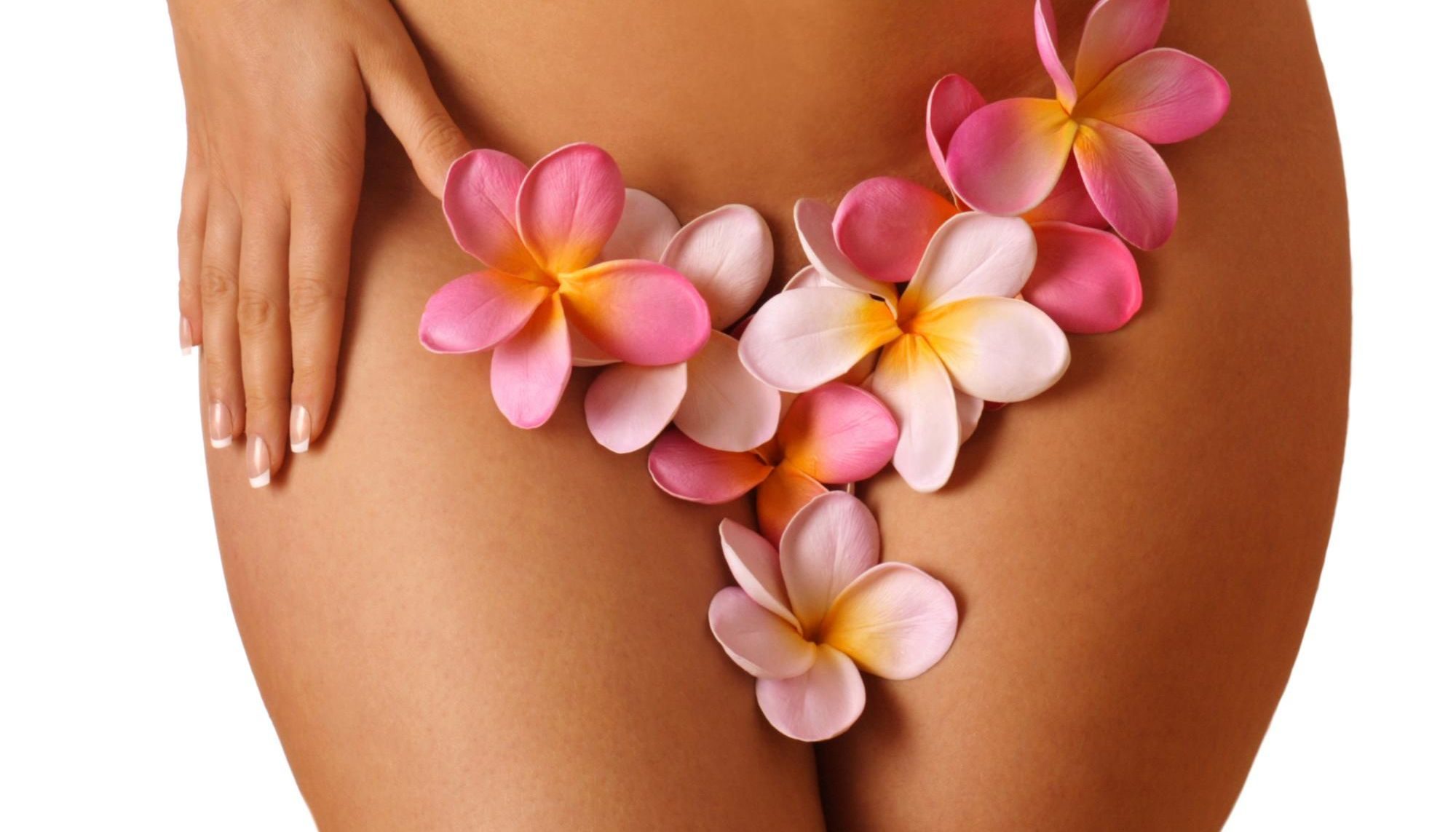In Brazil, a country famed for its obsession with the beautiful body, women are increasingly opting for surgery aimed at improving the appearance of their genitals, stirring a debate about sexual empowerment and the pressure for physical perfection.
Plastic surgeons in Latin America’s largest economy, known for pioneering the Brazilian Butt Lift that transfers fat from other areas of the body to the buttocks, have seen a massive spike in demand for labiaplasty, a surgery that slims or plumps the labia.
The number of women in Brazil having such surgery soared by 80 percent to 23,155 in 2016, the highest in the world, according to figures from the International Society of Aesthetic Plastic Surgery (ISAPS).
By comparison, the United States, which has one-third more people, registered 13,266 procedures.
Women are opting for the surgery in record numbers despite Brazil’s deepest downturn since the 1980s, with the economy shrinking more than 7 percent between 2015 and 2016.
Critics say the trend is a worrying sign of how pornography is warping women’s sense of their bodies, as a cultural preference for pubic hair removal pressures them to conform to new notions of genital perfection, labeled by some “the designer vagina.”
Plastic surgeons, meanwhile, argue that it is a form of female empowerment.
Living in a Macho Culture
“Latin women live in a macho culture: he is the one who rules in the office, in the home, in the sex life. Now as women… we are leading at home and in jobs and we want to lead in our sex lives,” said Lina Triana, a Colombian plastic surgeon who performs the procedure, and has written and lectured about it.
“Even in a bad economy, this is something that we need.”
Labiaplasty originated in the 1970s with reconstructive surgery to remove excess tissue from labia minora that could cause pain during sexual intercourse and physical activity, Triana said.
Techniques, however, have improved and demand soared 45 percent worldwide from 2015 to 2016, making it the fastest-growing cosmetic surgery, according to ISAPS.
The popularity of genital procedures has been boosted by celebrities, including U.S. television personality Khloe Kardashian, who said lasering to tighten the vagina was a hot topic of conversation for her sisters Kim and Kourtney after childbirth.
Darlane Andrade, a gender studies professor at the Federal University of Bahia, said women in Brazil face increasingly sexualized ideals of beauty transmitted through pornography, coupled with a uniquely Brazilian pressure to be physically perfect.
“It is the culture of the Brazilian woman being sexualized that she must have a body and genitalia that are sexually attractive,” Andrade said, expressing skepticism that the procedure’s popularity was due to growing female liberation.
If the woman is seeking to please a man, Andrade asked: “What sort of empowerment is that?”
Reality TV Star
Fernanda, a 33-year-old dentist living in São Paulo, had the surgery in July along with her twin sister Bruna.
She said she had felt self-conscious about the appearance of her labia as a single woman and was relieved to get married four years ago, but then, around a year ago, her husband made a comment that led her to opt for surgery.
“My husband said ‘Wow, it looks like a hanging bag… I’ve never seen anything like that,'” said Fernanda, who asked to have her last name omitted. “I would look in the mirror and think: ‘It really does look like a bag.'”
She said the procedure took under an hour, caused minimal pain, and she is pleased with the result.
Fernanda first heard of the surgery from Brazilian reality TV star Geisy Arruda, who said in a 2012 interview that it turned her private parts from a “cauliflower” into something more akin to a budding rose.
Sergio Almeida, an economics professor at the University of São Paulo, said the rise in demand despite the recession may be in part because Brazilian women who would have otherwise undergone the procedure in the United States, a popular cosmetic surgery destination, are saving money by doing it at home.
While the procedure – which some doctors warn can cause scarring or infection – costs some 6,000 to 12,000 reais (US$ 1,900 to US$ 3,800) in Brazil, US estimates range from US$ 2,600 to US$ 7,200.
Another possible explanation, Almeida said, is that cosmetic surgery is so important for consumers they are willing to sacrifice other luxuries to afford it.
Demand for plastic surgery in Brazil rose 18 percent in 2016, even as the wealthiest class saw its real income hardest hit, according to consulting firm Tendências.
Bruna, Fernanda’s sister who works as a federal tax employee in São Paulo, agrees.
“Even in times of crisis, people, especially women, don’t stop taking care of aesthetics,” she said. “You economize precisely to be able to do these sorts of things.”
teleSUR

